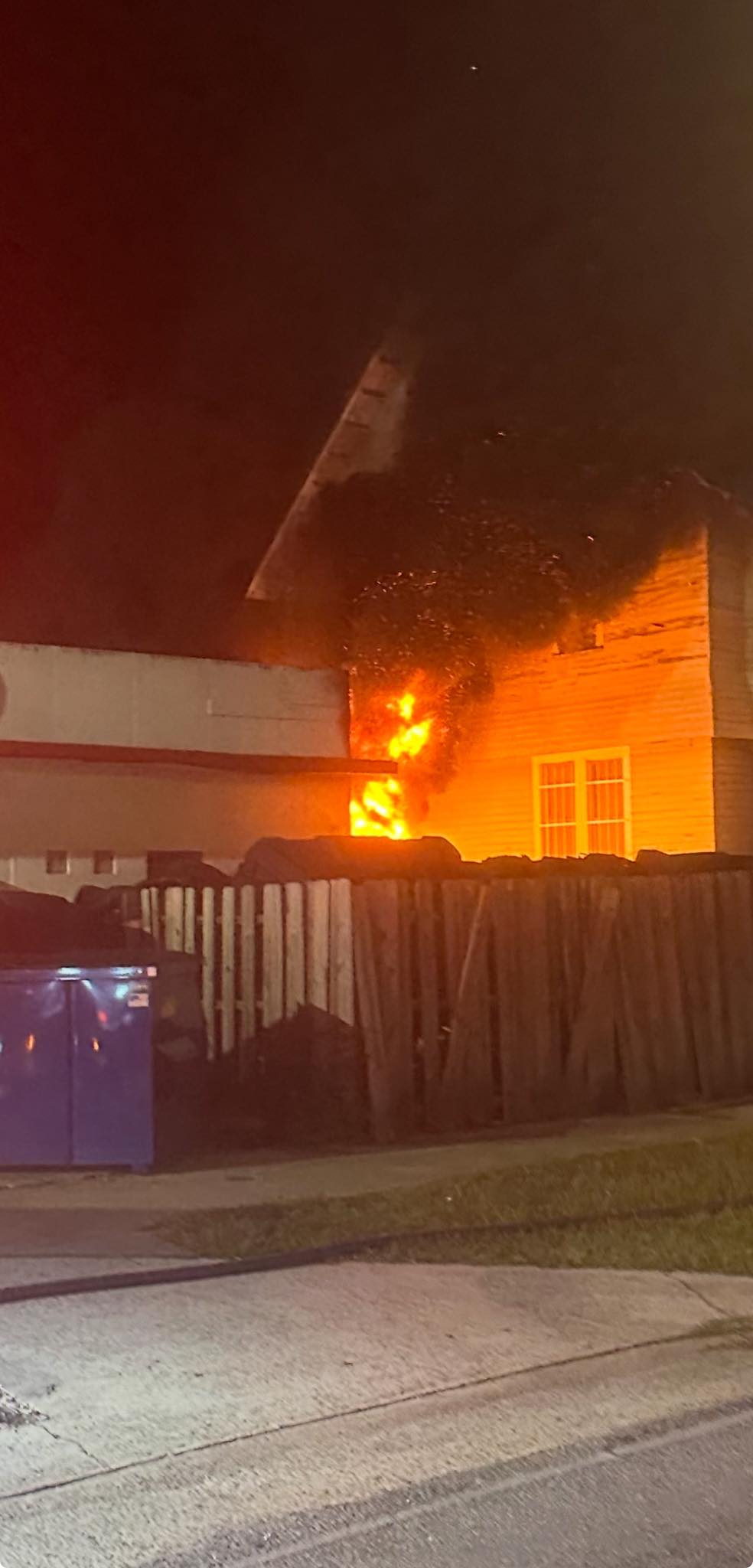Monday last day to appeal reappraisals
Published 6:45 am Sunday, August 9, 2015

- Last day
VALDOSTA — Lowndes County property owners have expressed concerns over rising appraisals, significantly increasing their tax liabilities.
Monday is the last day to appeal reassessments.
Trending
The Valdosta-Lowndes Chamber of Commerce said some chamber members are specifically concerned about revaluations of commercial and industrial properties, following what has been called a “mass revaluation.”
Appeals can be made in person at the Lowndes County Tax Assessor’s office from 8-5 p.m. or by sending a notice of appeal postmarked no later than Aug. 10.
A form to file an appeal can be downloaded from the Georgia Department of Revenue website at: dor.georgia.gov.
Assessors are saying property values have been increasing year to year, but those increases are just now showing up in reassessments.
Mike Hill, a member of the Lowndes County Board of Assessors, and chief assessor Silas Hrobar spoke to The Valdosta Daily Times Friday to give their perspective on the increases in property tax bills.
“We don’t set the taxes. We just set the value on the property,” Hill said.
Trending
Hill said the large number of properties in the county restricts assessors from revaluing properties every year.
“The staff does not have the ability to go out and review, every year, 48,000 pieces of property in the county,” Hill said. “If they did, the expense would be enormous and nobody would be in favor of it.”
Hill said assessors will focus on one area in the county one year, and another area in the county the next.
“If they do your house, it may be five or six years before they get back to your subdivision,” Hill said. “That’s what happens when they say, ‘My property went up 20 or 30 percent in one year.’ It didn’t. It went up over this many years. It was left alone for this period of time.”
Hill said assessors set the value of homes in neighborhoods based on sales of comparable homes, and activity of assessors depends on the activity of a subdivision.
To illustrate his point, Hill compared two hypothetical subdivisions — one he called a “hot spot” and one without much sales activity.
“If you’ve got a lot of activity, the assessors or appraisers have to follow the sales,” Hill said. “If you’ve got a lot of activity here, and this is a hot spot, instead of waiting another two years, we’ll go ahead and do this one.”
However, if in the next subdivision, few if any homes are being sold, there is no trigger for reassessment.
“Since there are no comparables in this subdivision, there is no way to say that these are going up or down. So they’re left alone.”
Hill said, as a result, the value of homes in the first hypothetical subdivision goes up, and the value of homes in the second subdivision remains flat.
A number of property owners have taken Lowndes County to task for what they believe is a sudden spike in the value of their property and the corresponding spike in property taxes.
Some of these property owners are located in rural areas of the county. Hill explained property assessment for larger rural lots involves what is on the land.
To illustrate his point, he said a landowner had recently complained his neighbor’s property was valued at less than his.
Hill said the value was lower because there were more wetlands on the neighbor’s property, while the complainant had more productive soil.
“If it’s a large tract, it’s going to be based on soil tract and productivity,” Hrobar said.
Hrobar said the productivity of the lot is based on soil types.
“Depending on what you’re wanting to grow, you’re going to want certain soil types,” Hrobar said.
He said other factors, such as the shape of the lot, and easements affect the value of a property.
Hrobar said dedicated easements affect the value of the property depending on “the highest and best use of the property.”
As an example, he said a power-line easement will affect a pine tree farm on a higher scale than if the property was used to grow soybeans.
Hill and Hrobar have met with county officials and property owners throughout the week, with property owners contending their properties have been unfairly valued.
They explained the appeals process for property owners wishing to appeal the value of their property.
Property owners are urged to contact the Board of Equalization to appeal their cases, Hill said.
The Board of Equalization is a body set up to hear disputes of property values set by the Board of Assessors. The three members and three alternates to the board are appointed by a grand jury.
Hill said the Board of Equalization is not related to the Board of Assessors in any way, emphasizing the Board of Assessors is elected.
Once an appeal is lodged, appraisers working under Hrobar visit the property to review it, and determine if the valuation is correct.
To demonstrate how an appeal works, Hill said a property owner expressed a complaint that his property and the one next to it had been valued the same.
“This one was much older, the roof leaked, and it’s not apparent from the outside. We don’t go inside to do these. So, he called and said it ought not to be.”
Hill said an appraiser was given permission to enter the neighbor’s property and determined the value of the property to be lower based on what was seen from the inside.
Hill stressed, however, that an appeal must be filed for an appraiser to review the property.
“I tell everybody, file your appeal,” Hill said.
“Because they’re not even going to go out to look at it until you file the appeal,” Hrobar added. “We’re not supposed to. The appeal has to be filed.”
If the appeal is not settled with appraisers, it then goes to the Board of Equalization.
“At that point, the assessors get up on this side, the property owners tell their story, we tell our story, and these people make this decision,” Hill said.
Hrobar said property owners also have the option to take the appeal straight to Superior Court.
“That requires mutual consent of both the appellant and the board of assessors,” Hrobar said.
Hill said he believes Superior Court is not a cost-effective appeal method for residential property owners.
“If you go to Superior Court, you have to pay those costs, and it’s not worth doing that for a house,” Hill said. “Someone with a $2-3 million property in the industrial park, yeah, they may want to take it further than that.”





